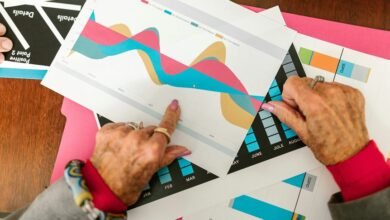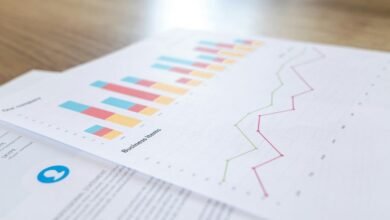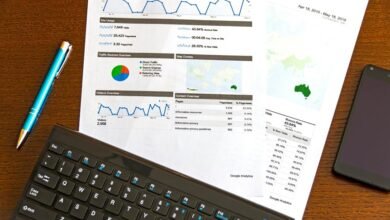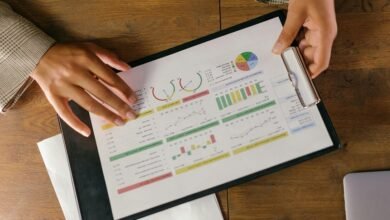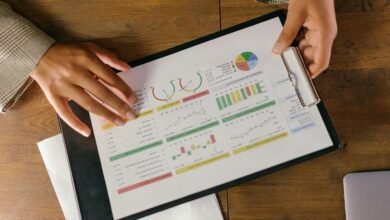8552168343: What to Expect in the Next Financial Crisis

The next financial crisis may be on the horizon, marked by key economic indicators such as rising unemployment and unstable inflation rates. Historical data reveals recurring patterns of market volatility, which suggest that individuals and businesses must adopt proactive financial strategies. Understanding these signals and preparing accordingly can be crucial for resilience. However, what specific measures will be most effective in navigating these uncertain times? The analysis continues to unfold.
Understanding Economic Indicators and Trends
A multitude of economic indicators and trends serve as crucial barometers for predicting potential financial crises.
Economic cycles exhibit distinct patterns, often marked by periods of expansion followed by contraction.
Analyzing data on unemployment rates, inflation, and consumer spending provides insights into market volatility.
Preparing for the Impact of a Financial Crisis
While the inevitability of financial crises can be daunting, proactive preparation can mitigate their adverse effects on individuals and businesses alike.
Establishing robust emergency savings is crucial, enabling quick access to funds during downturns. Additionally, diversifying investment strategies—such as reallocating assets to defensive sectors—can protect wealth.
Lessons From Past Financial Downturns
Understanding the lessons from past financial downturns is essential for anticipating and mitigating future crises.
Historical patterns reveal recurring vulnerabilities in economic systems, often driven by economic psychology, such as excessive risk-taking and herd behavior.
Conclusion
In conclusion, the anticipation of the next financial crisis necessitates a keen understanding of economic indicators and historical precedents. Notably, research indicates that during the 2008 financial crisis, unemployment rates surged to 10%, underscoring the severe impact of economic downturns on job security. By proactively implementing financial strategies and learning from past experiences, both individuals and businesses can enhance their resilience against future uncertainties, ultimately fostering a more stable economic landscape in challenging times.

